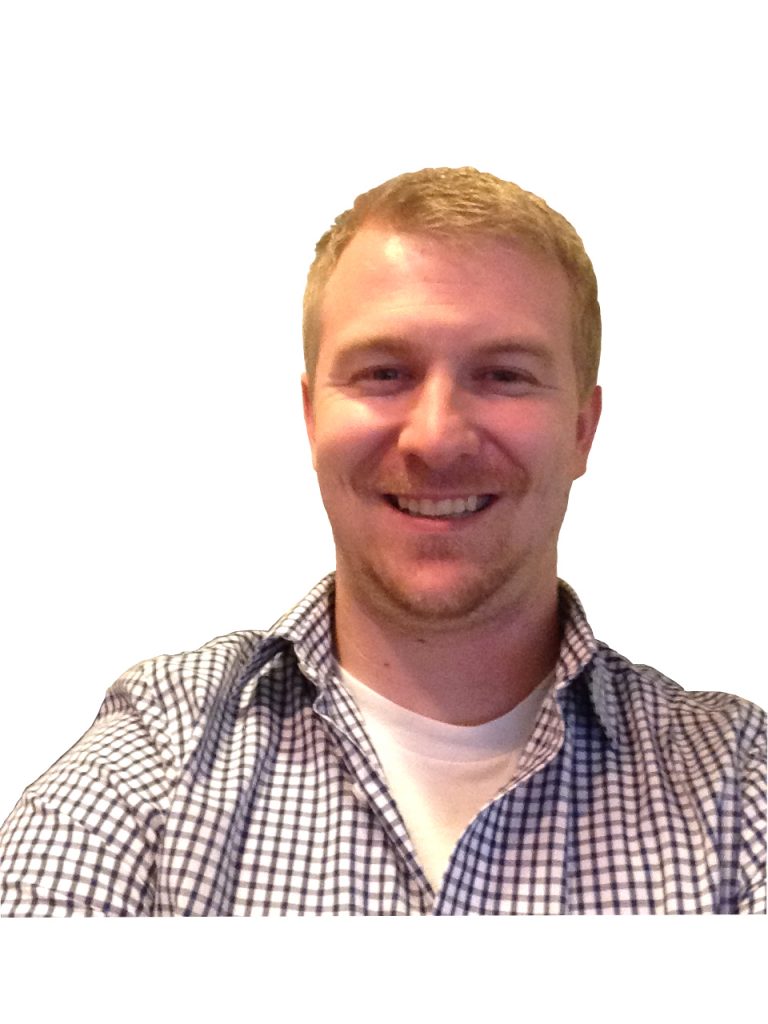Setting the record straight: Sleep

This archived article was written by: Nathaniel Woodward
Sleep, you spend a third of your life doing it, yet as important as it is, sleep is arguably the most misunderstood activity we engage in. Unfortunately, the penchant for mass consumerism has led us astray. There isn’t a commercial cycle on television that doesn’t attempt to sell some form of sleep or energy aid in the form of medications, supplements or energy drinks. It’s no wonder there are so many suffering from sleeping disorders like insomnia, we have tampered with sleep processes our bodies have evolved over millions of years.
Sleep is not a black and white process, in fact, it is a complex set of steps or stages where our body heals, prepares and consolidates. The four stages of sleep are named 1, 2, 3 and REM. Each has a unique function with the first two stages being preparatory for the final two known as “restorative sleep.” The last two stages are when your body sends out the chemicals it uses to do a wide variety of tasks like burn fat and make red blood cells as well as when your mind consolidates the information it took in during the day.
When asked about how you slept last night, our answers always focus on quantity, or how long you slept. While important, this has far less to do with how you actually slept, those stages need to occur in sequence several times during the night in order for your sleep to have any real benefit. Far more important than the quantity of sleep you received, is the quality of sleep.
All sorts of things can mess with the quality of your sleep, e.g. sleeping disorders like insomnia, sleep apnea, periodic-limb movement disorders, etc. However, we live in a time when we can treat just about any sleeping issue you suffer from. Insomnia is a little trickier to get a hold of simply because the vast majority of cases are self inflicted, that is, our behavior during the day, evening and night have not been conducive to getting a proper night’s rest.
Sleep Hygiene is the term used to describe your daily activities that affect your sleep, like caffeine intake, exercise, eating, when you woke up, when you went to bed the night before and even what kind of light you are exposed to. Setting a proper routine of sleep hygiene is your best shot at getting a consistently good night of sleep, every night.
If you are following a good routine, which includes avoiding caffeine in the afternoon and evening, avoiding food and drinks after 7 p.m., going to bed at a reasonable hour and waking up after a solid 7-9 hours of sleep and are free from other sleep disorders like sleep apnea and narcolepsy, then the culprit of your insomnia may be the fault of Thomas Edison.
For millions of years, members of the homo genus lived primarily with the natural light of the Sun, which appeared for sixteen hours a day and left for the other eight. Naturally the rhythm our bodies adapted to, called the circadian rhythm, formed around this eight hours of sleep and sixteen hours of wake. When it is dark, our bodies produce a hormone called Melatonin which acts as a sedative, giving us blissful, normal rhythm sleep cycles.
The type of light produced by the Sun, blue light, sets off a reaction in our bodies to produce the hormone Cortisol, something that keeps us up and going. But as our species emerged and advanced, particularly in the last 120 years, we moved the Sun’s blue light indoors with us, upsetting our natural sleep rhythms. The light emitted from most light bulbs, televisions, phones and tablets stop your body from processing any melatonin at all and our rhythms become disrupted. However, light emitted from devices and bulbs using LED technology do not interfere with these mechanisms and your hormones go about their journeys, business as usual.
To end, I’m going to give you the best piece of medical advice you’ll ever receive. If you are having insomnia issues not caused by another sleeping disorder or trauma, lock up your house, leave the trailers at home, pack the tent and go camping. A week under the natural cycle of the Sun and stars will reset your circadian rhythm and put your sleep back the way evolution meant it to be.




